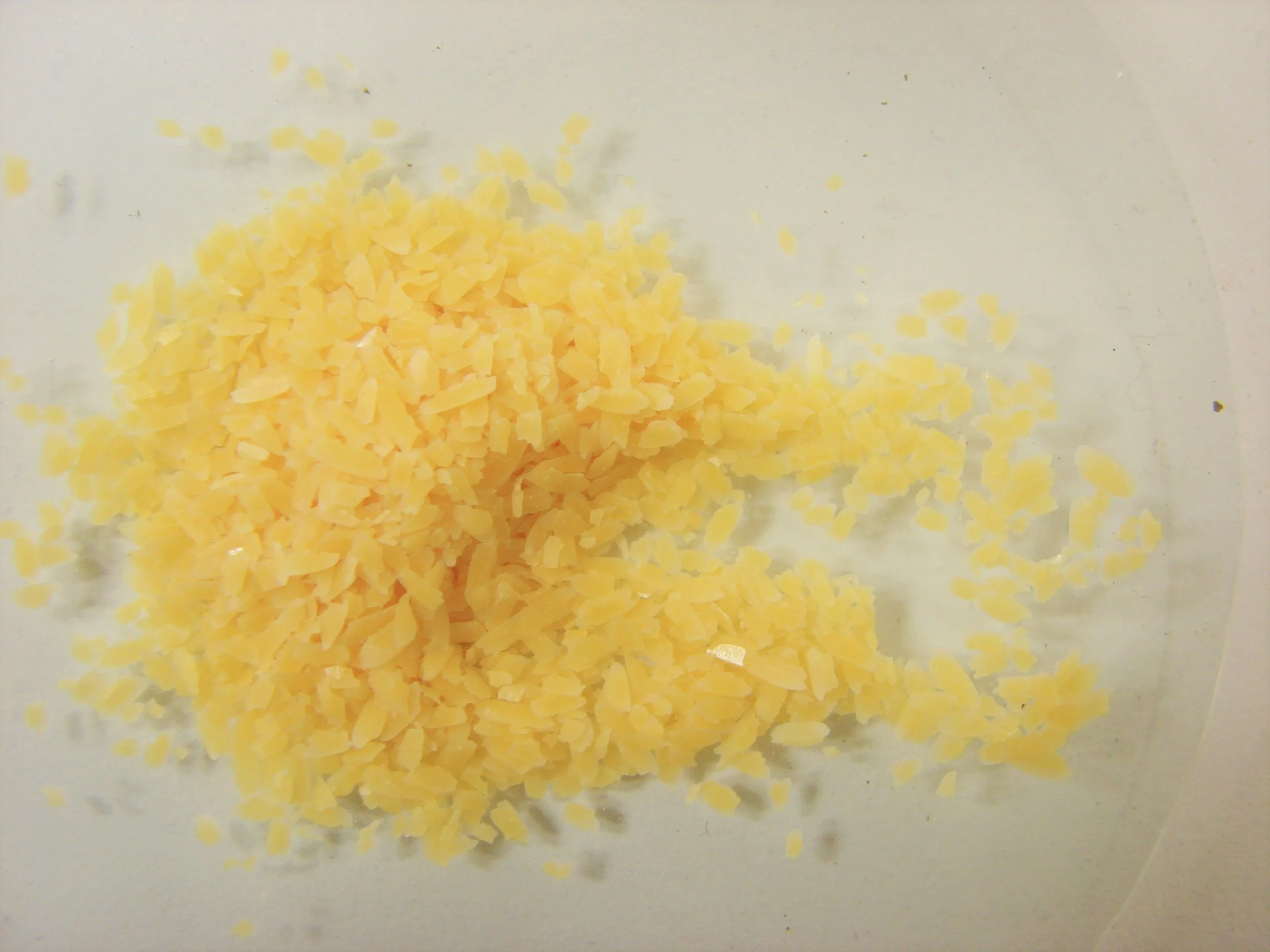
Candelilla Wax
Candelilla wax is an important ingredient in cosmetics, industrial polishes, and chewing gum. Sometimes marketed as a vegan alternative to beeswax, it is extracted from a shrub in the Chihuahuan desert in Mexico using a multi-step process carried out by local workers, involving corrosive sulfuric acid.
Names
Candelilla, Euphorbia antisyphilitica
Found in ingredients as
Candelilla wax, food additive E902
Used in
Top producers
Mexico
Conservation status
IUCN Red List:
CITES:
Appendix II
Opportunities
Health & Safety
Sulfuric acid is a key component in the processing of candelilla wax and poses a significant health & safety risk. Ensure that adequate safety equipment is provided to, and being used by, workers.
Partnerships & Associations
Engage with government bodies, local organisations, and NGOs such as the Candelilla Institute and CONABIO to support capacity building around sustainable harvest techniques and safer, more efficient innovations in processing.
Standards & certification
Certifications can be a supporting tool to ensure responsible sourcing. A wide range of standards are available that can be applied to wild-harvested plants, such as FairWild, Union for Ethical BioTrade (UEBT), Fairtrade, FairForLife, Programme for the Endorsement of Forest Certification (PEFC), Forest Stewardship Council (FSC), Organic, Rainforest Alliance, and Certificate of Origin (e.g. DOP/PDO, PGI, TCG).
The FairWild Standard is well suited to certify CITES Appendix-II listed wild-sourced plant ingredients.
Biological Risk
Harvesting method can be destructive: tearing the plants from the ground, including roots.
Not Assessed on the IUCN Red List or classified at a national level.
Range is regionally restricted to the Chihuahuan Desert region in Mexico and the USA.
Facing one significant threat, over-harvesting.
Social Risk
Assessed for Mexico
Although cases specific to candelilla have not been identified, there is a high risk of child labour, with cases identified across many Mexican agricultural products including coffee, peppers, and tomatoes.
Health & safety related to sulfuric acid use during candelilla wax processing. Multiple processing sites have been observed without access to safety equipment or proper chemical storage facilities. Also, harvesters may have to travel long distances and/or camp overnight to access harvesting areas.
Low wages are typical for harvesters.
As harvesters are located in remote desert regions with few employment opportunities, they may be vulnerable to exploitation.
Header image: Candelilla wax © Maša Sinreih in Valentina Vivod





